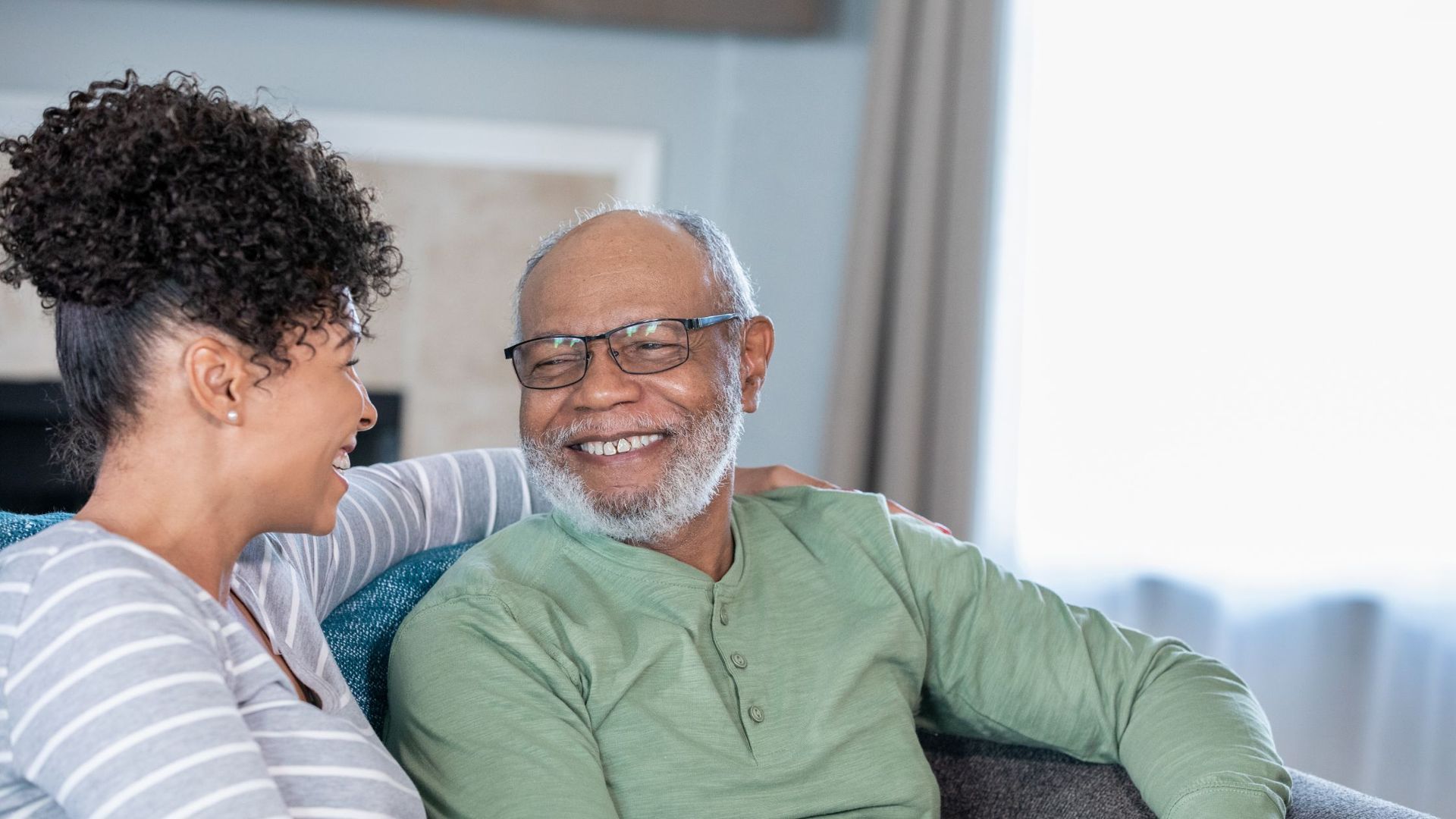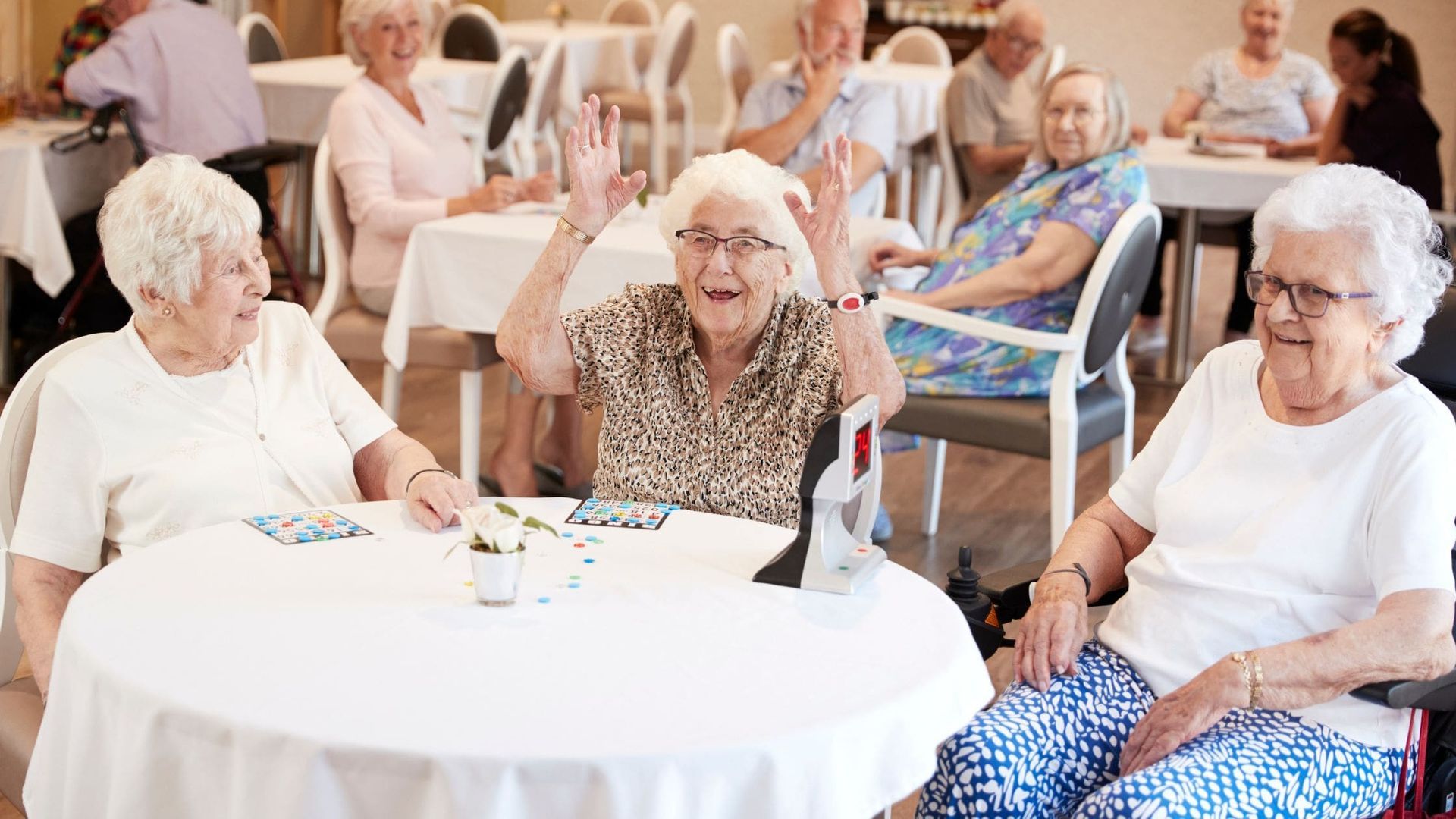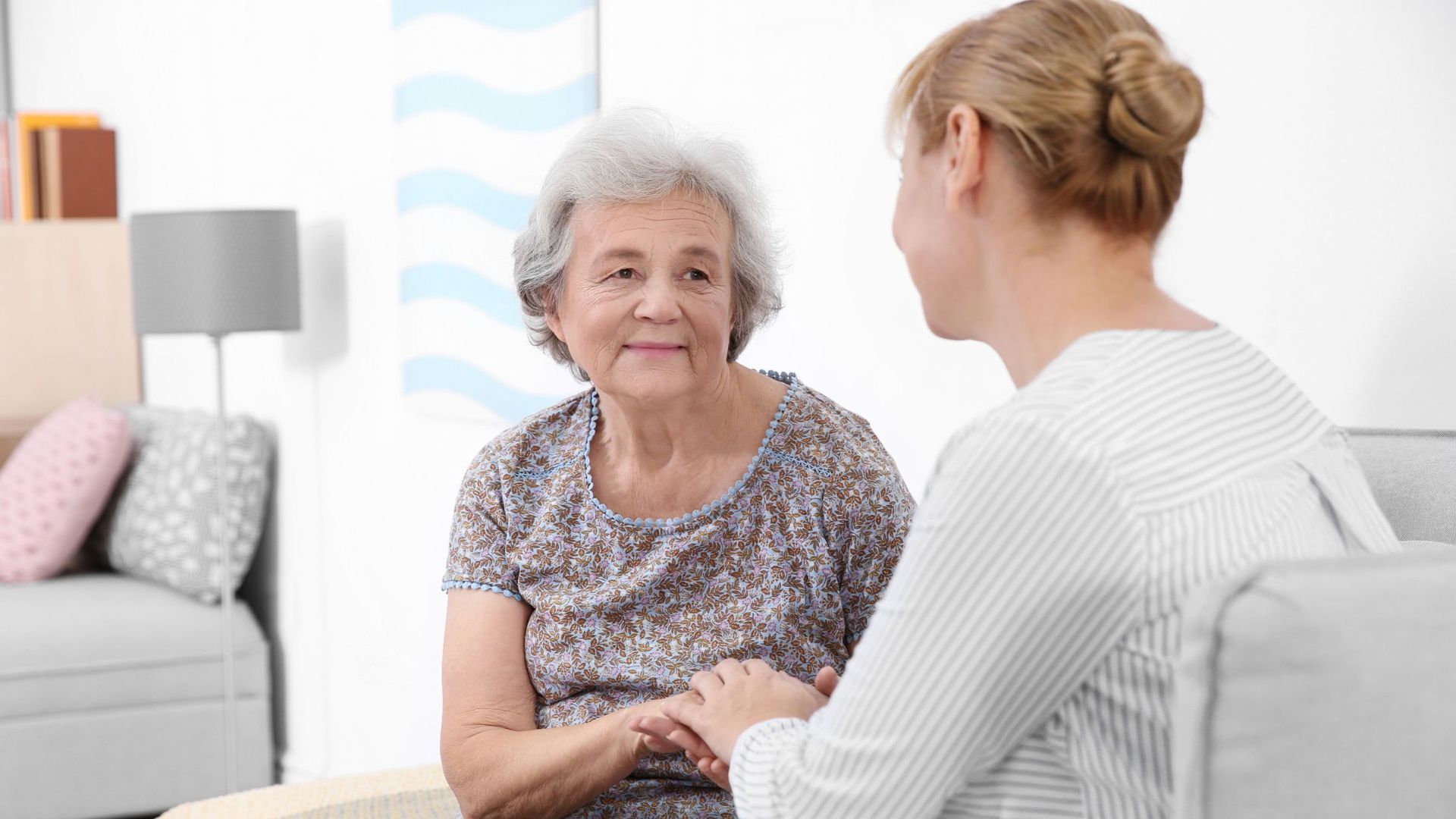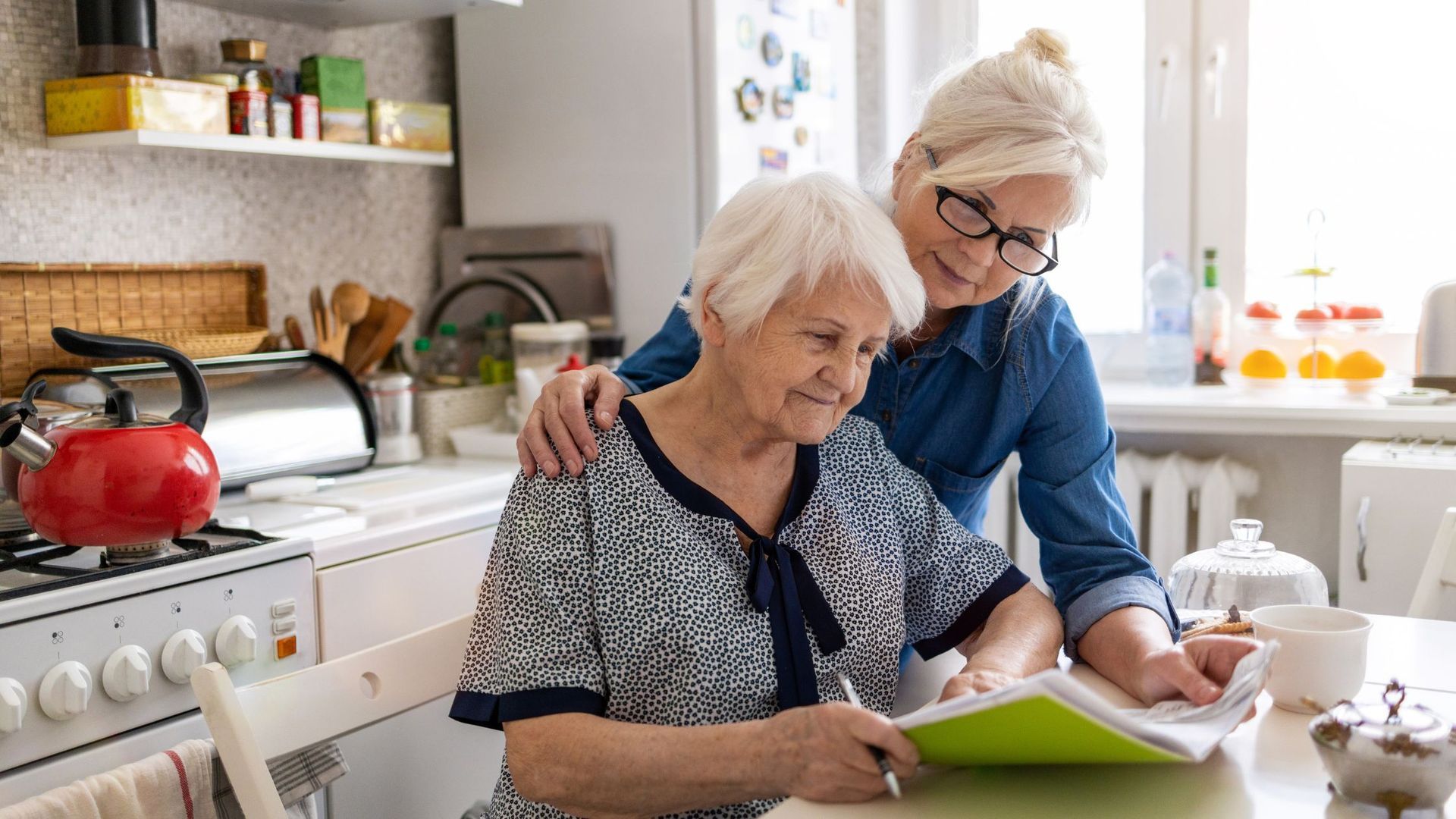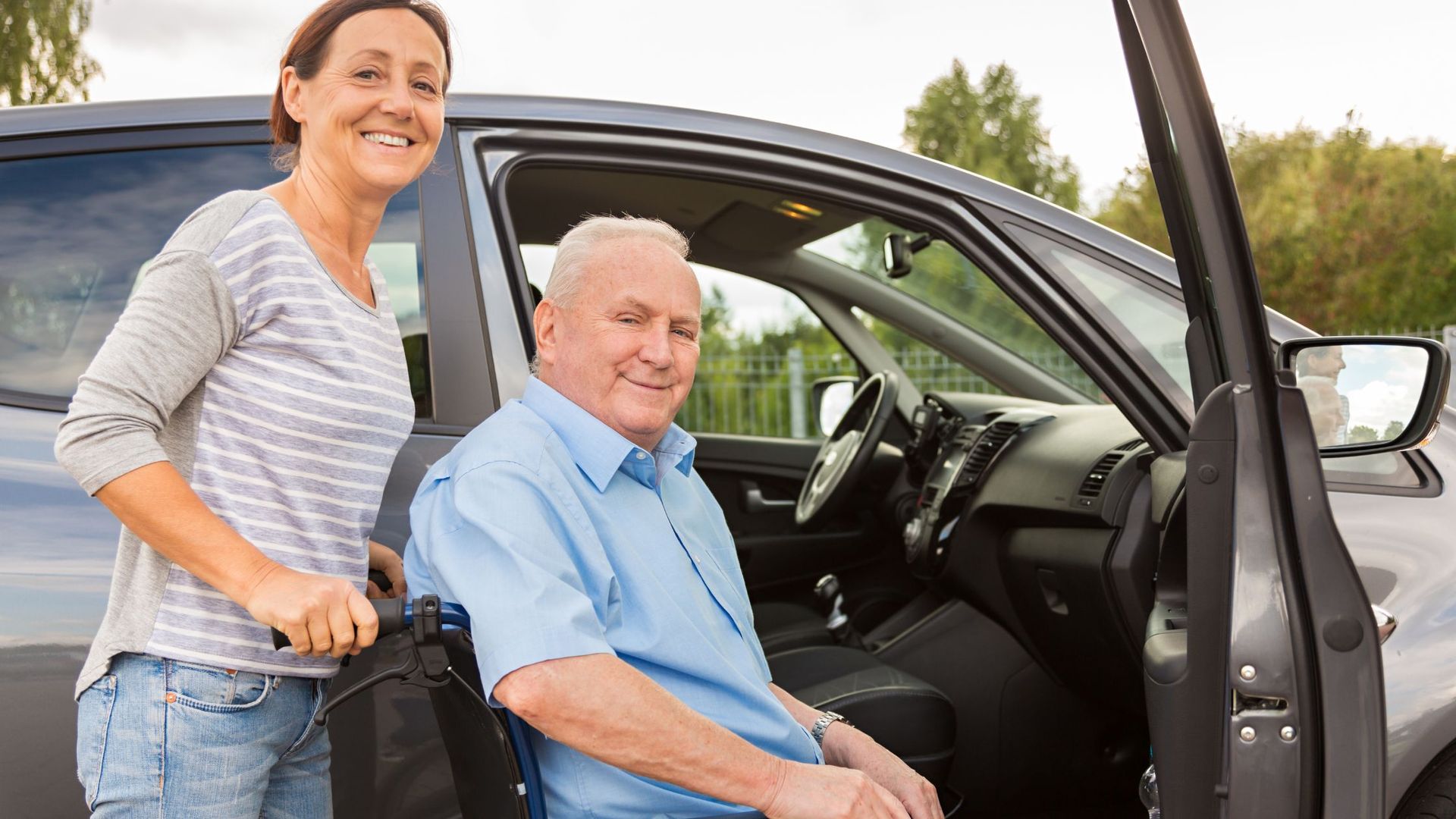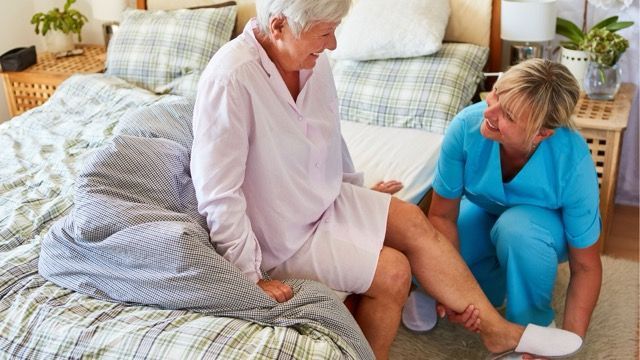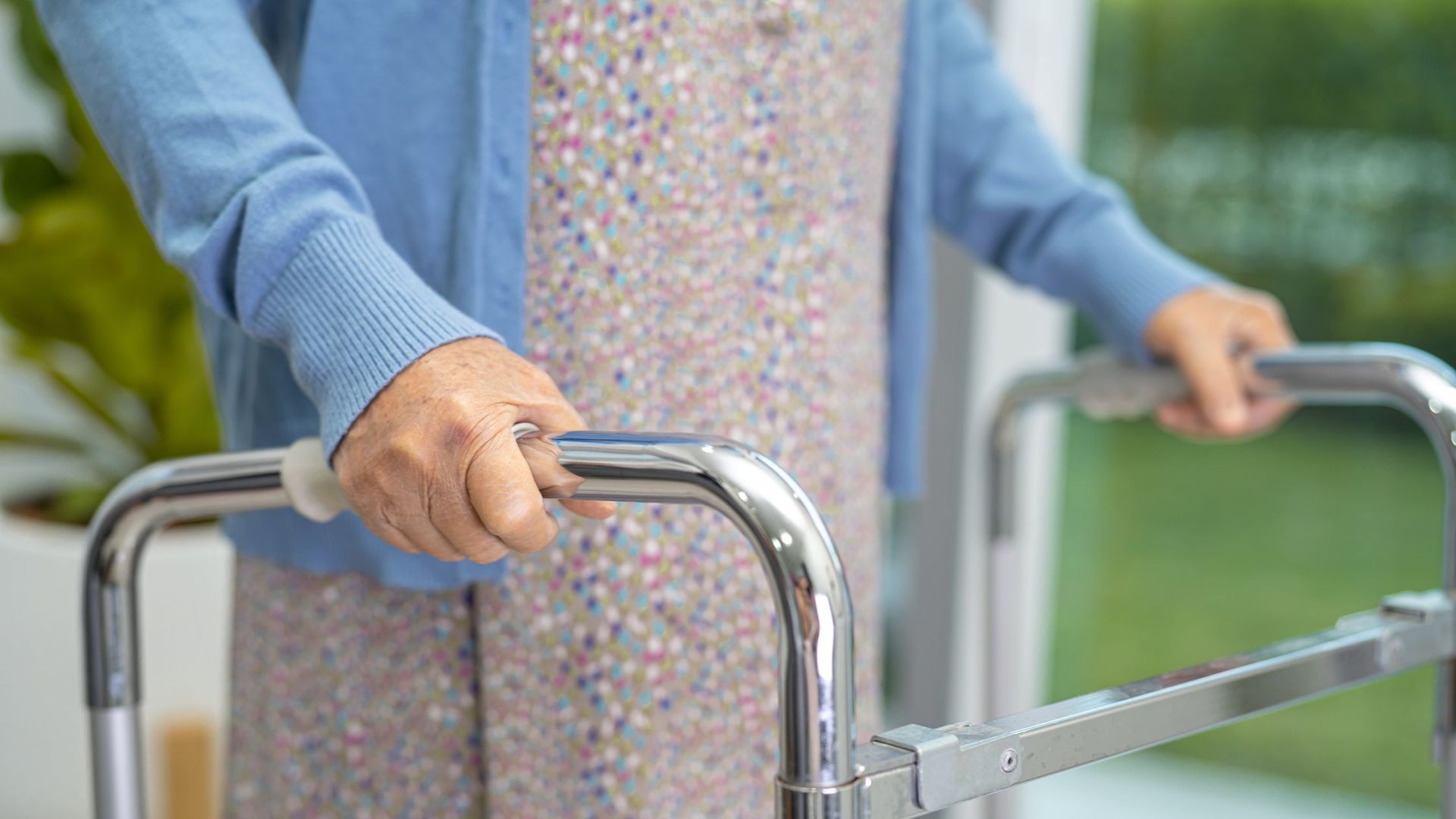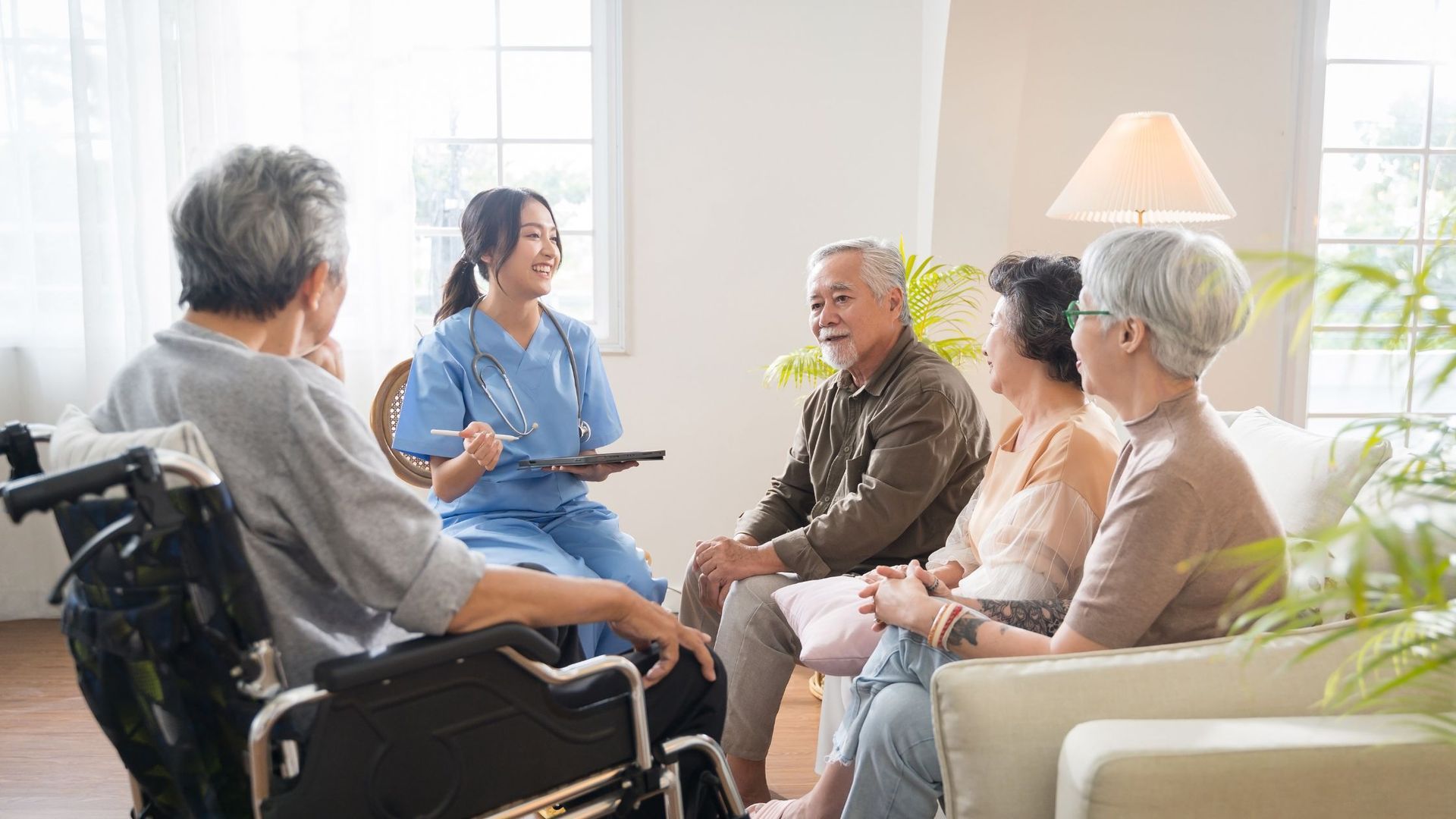Emotional and Social Wellness for Seniors: The Heart of Quality Care
Emotional and Social Wellness for Seniors: The Heart of Quality Care
As the holidays approach, many of us reflect on the importance of spending time with family. It’s a season that reminds us how much emotional wellness and social connection mean—not just to us, but to our aging loved ones as well.
For seniors receiving at-home health care, quality care goes beyond managing medications or assisting with physical needs. It’s also about fostering emotional wellness and providing opportunities for meaningful social interaction. These elements are vital for creating a life filled with joy, connection, and purpose.
Why Emotional Health Matters
Emotional wellness plays a big role in how your loved one feels every day. It’s the ability to navigate feelings, cope with challenges, and maintain a sense of peace and positivity. For seniors, particularly those facing cognitive challenges like dementia, emotional health directly impacts their sense of safety, dignity, and happiness.
When emotional needs are unmet, feelings of loneliness, fear, or frustration can take over. This can lead to deeper issues like anxiety or depression. But when emotional wellness is prioritized, the benefits are remarkable:
Reduces Anxiety and Depression: Seniors who feel emotionally supported are more likely to stay upbeat and less likely to struggle with mental health challenges.
Boosts Cognitive Function: A positive emotional state can enhance mental clarity, even for those with memory impairment.
Promotes Physical Health: Stress takes a toll on the body, while happiness and relaxation encourage overall health and immunity.
A warm, empathetic environment can do wonders for emotional health. It helps your loved one feel valued and supported, providing a foundation for better overall well-being.
The Power of Social Connection
Social wellness is about more than just being around people—it’s about feeling connected, understood, and valued. Unfortunately, many seniors, especially those with limited mobility or dementia, struggle with isolation.
Here’s why staying socially connected is so important:
Fights Loneliness: Regular interaction with loved ones helps combat feelings of isolation, which can contribute to depression and physical decline.
Stimulates the Brain: Conversations and shared activities challenge the mind, helping to slow cognitive decline.
Provides Purpose: Feeling connected gives life more meaning, a vital need for individuals navigating the complexities of aging or cognitive changes.
Social wellness doesn’t have to involve grand outings or large gatherings. Small, thoughtful interactions—like a phone call, a short visit, or a shared hobby—can make all the difference.
How You Can Support Emotional and Social Wellness
Helping your loved one thrive emotionally and socially doesn’t have to be complicated. Here are some simple, effective ways to make a positive impact:
Stay Connected
- Schedule regular visits, video or phone calls with family and friends.
- Write letters or share photos that spark conversation and joy.
Encourage Hobbies and Activities
- Rediscover favorite pastimes like knitting, gardening, or music. Let them share their expertise with you!
- Explore group activities like art or music therapy, which combine creativity with social interaction. If mobility allows, gentle movement classes like dance, tai chi, or water aerobics keep the mind and body engaged and is a great way to meet new friends.
Create a Comfortable Environment
- Familiar surroundings and consistent routines help reduce anxiety, especially for those with memory impairment.
- Add cheerful touches like soothing music, fresh flowers, or cozy blankets to make their space feel welcoming.
Explore Pet Therapy
Time spent with animals can work wonders. Pets offer unconditional love and companionship, easing loneliness and stress. If your loved one likes animals but is unable to have a pet, connect with a local group that offers pet therapy.
Celebrate Their Achievements
Whether it’s completing a puzzle or remembering a cherished story, celebrate every accomplishment. Positive reinforcement boosts confidence and emotional health.
Emotional Health Isn’t Optional
Emotional and social wellness aren’t just nice additions—they’re essential to a fulfilling life. When these needs are met, your loved one is more likely to feel connected, valued and at peace. A positive state of mind goes a long way to greater longevity and more quality time spent with each other!
If you’re interested in learning how we can help develop a personalized emotional wellness plan for your loved one through our Quality of Life Program, we’d love to hear from you. Our compassionate caregivers are dedicated to creating a supportive environment where your loved one can thrive.
Together, we can ensure that every day is filled with care, connection, and quality of life.
Please contact Irene with No Place Like Home Senior Services at 919-762-0035.
